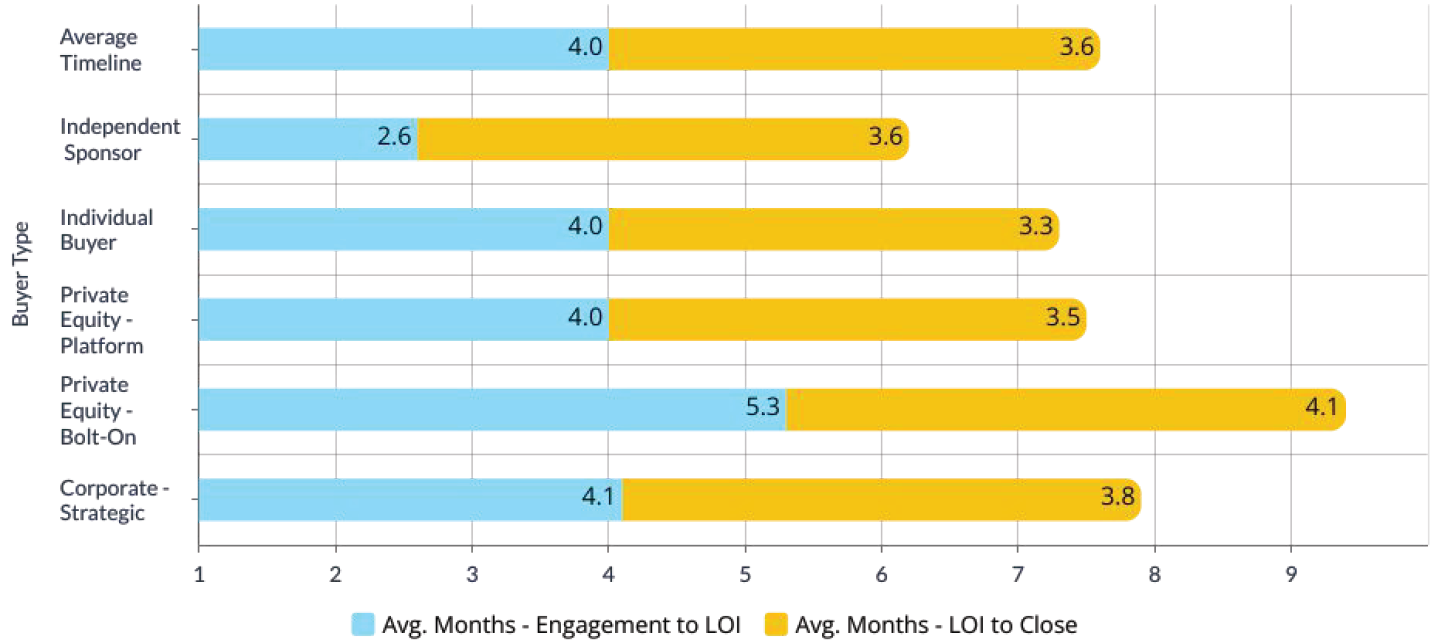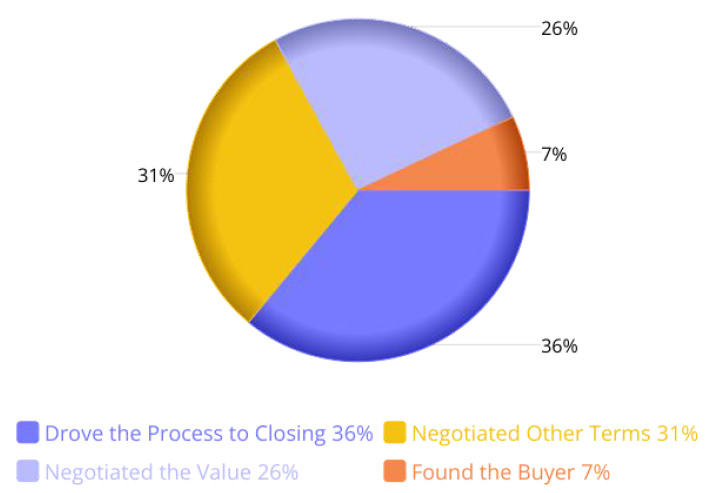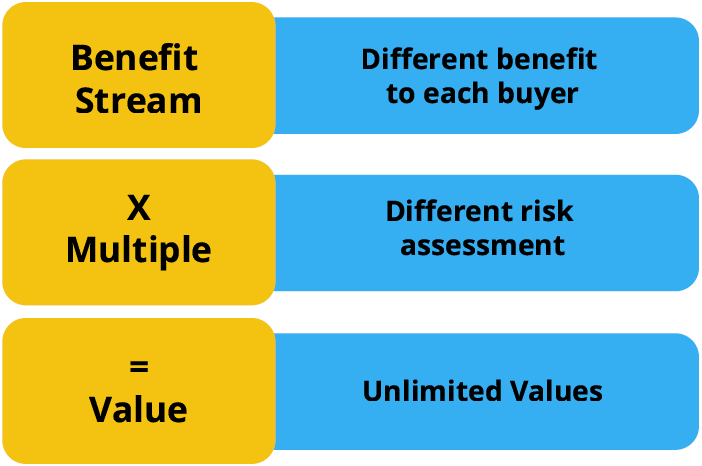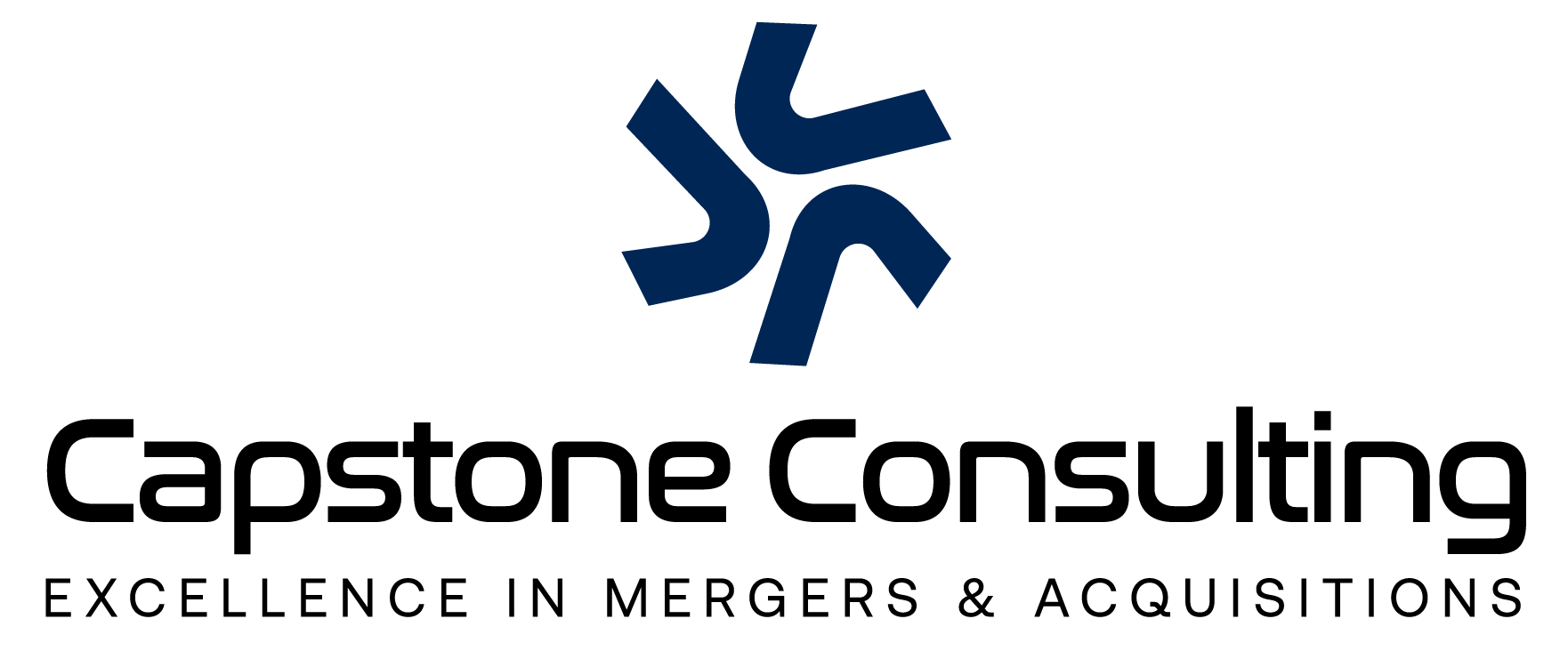Setting a Realistic Timeline
So, you’ve found your buyer. That’s great news. But here’s the reality check: finding the buyer is actually the easiest part.
According to data from the Alliance of Mergers & Acquisitions Advisors, the average lower middle market deal takes 4 months to find and sign a buyer under an LOI — and then another 3.6 months just to get the deal closed. That means that even after you’ve celebrated securing an interested buyer, you’re still staring down the most complicated stretch of the process.

Different buyer types change the equation, too. An independent sponsor tends to move faster, while private equity bolt-ons and strategic buyers often take longer, requiring heavier diligence. But the bottom line is this: you may feel like you’ve crossed the finish line when in reality, you’ve only made it to the starting blocks of the hardest part of the race.
What Sellers Say After the Transaction
Here’s where it gets interesting. When actual sellers were surveyed about the most important role their M&A advisor played, only 7% said it was finding the buyer.

The majority credited their advisor with:
- Driving the process to closing (36%) – keeping the deal alive and moving through obstacles.
- Negotiating other terms (31%) – because the value isn’t just the price tag, it’s dozens of hidden deal points.
- Negotiating the value (26%) – defending against reductions during due diligence.
This hindsight is powerful. Sellers walk away realizing that finding a buyer was not the big challenge. Keeping the deal intact, maximizing the value, and hammering out the details is what truly made the difference.
Why That’s the Case
If you take a look at the image below, you’ll see why sellers feel this way.

After the buyer is identified, the work multiplies:
- Due diligence requests begin flooding in.
- Attorneys draft and redraft legal documents.
- Third-party professionals — lenders, accountants, lawyers, consultants — all have their own moving parts.
- Negotiations over net working capital, schedules, funds flow, and assignments pile up.
It’s a minefield of details, each one capable of derailing the deal. Without someone orchestrating this process, the chances of delay, value erosion, or collapse increase dramatically. An M&A advisor acts as the quarterback, making sure all parties stay aligned and focused on getting across the finish line.
One Buyer vs. the Right Buyer
Another common misconception? Just because you’ve found a buyer doesn’t mean you’ve found the buyer.
As the following formula illustrates:

- Each buyer sees different benefit streams.
- Each has different risk assessments.
- Therefore, the value of your business is subjective — it’s different for every buyer.
That’s why a competitive process matters. Even if you ultimately sell to your chosen buyer, creating competition keeps them honest. It forces them to put their best deal forward rather than taking advantage of being the only option on the table. An experienced advisor can carefully bring in additional synergistic buyers without alienating your preferred buyer.
Negotiation Doesn’t Stop at the LOI
This chart tells the story clearly.

- With an advisor, value is far more likely to be preserved through closing.
- Without one, sellers often see significant erosion between the offer stage and the final closing documents.
Why? Because due diligence almost always leads to attempted “dings” in valuation or shifts in terms. Buyers can use this stage to re-trade the deal. Attorneys can’t defend business value. Lenders won’t protect you — they work for the buyer. And as the seller, you may not even realize where value is being chipped away.
An advisor steps in to defend the value you worked hard to negotiate, ensuring that the dollars you expect at the LOI actually show up in your bank account on closing day.
The Many Levers Beyond Value
Price is just one piece of the puzzle. Here are common deal points that can drastically change your net outcome.

Each of these can swing hundreds of thousands or even millions of dollars. You need someone who understands how all these moving pieces fit together, who knows which levers to pull, and who can put all the pieces together for the best ultimate outcome.
Conclusion
Finding your buyer is a meaningful milestone but it’s not the end of the road. It’s the beginning of the most complex, high-stakes stage of the transaction.
At Capstone Consulting, we recognize that if you’ve already found a buyer, you’ve done valuable work. That’s why we even offer a reduced-fee facilitation service in those situations. But make no mistake: you still need an experienced advisor to guide you through the landmines, manage the competing professionals, protect your value, and get you to closing with the best possible outcome.
You found your buyer? Great. Now let’s get the deal done.











